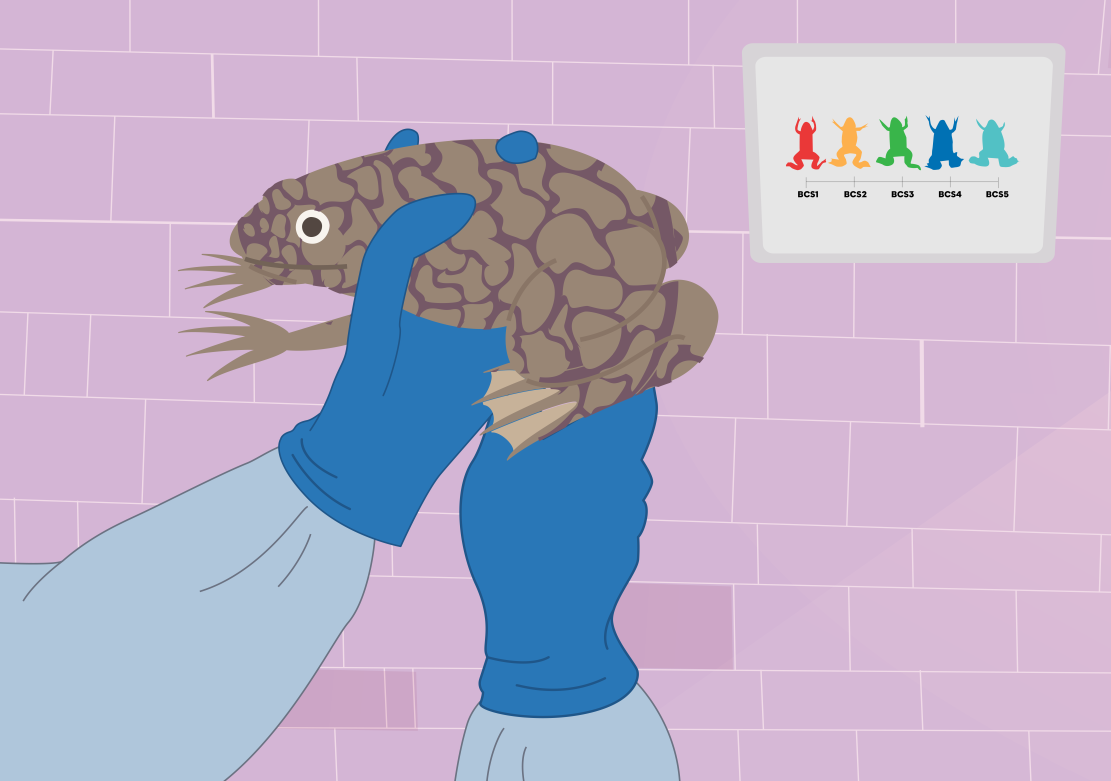When you are the caregiver for an adult with epilepsy and intellectual disability, visits to the Emergency Department can be very stressful. You may feel uncertain about how to communicate the right information in a time-pressured environment and anxious about misconceptions that could impact care.
This video provides information to help you navigate emergency department visits to ensure your loved one receives effective care. The focus will be on how to manage seizure emergencies – either seizures arising for the first time or those caused by epilepsy. Read More
What Do Emergency Physicians Need to Know?
The more that healthcare professionals understand about the person you’re caring for, the better they can tailor their approach. They will ask whether this is the first seizure, or part of an ongoing condition. If seizures are not new, they will need to know the person’s history. For example, at what age did seizures start? Have they been gradually worsening, or could this episode be triggered by a recent change? We’ll come to examples of these later in the video.
Describing the nature of their seizures is helpful, especially if multiple types of seizure can occur and especially if they arise during sleep. Where possible, explain how this seizure emergency is different. Bringing a seizure diary helps healthcare teams understand patterns or changes.
Background details matter. What is the person’s usual level of functioning and has that changed due to seizures? For example, has their level of mobility changed? If the person has difficulty communicating, how do they usually express themselves – through verbal or non-verbal cues, or both? If the person can exhibit challenging behaviours, how do they prefer to be approached?
Triggers for seizures can be missed by doctors. You can help by explaining: common triggers include infections, constipation, emotional stress, or disruptions in caregiving, all of which can lead to disrupted sleep. If you usually give rescue medications, knowing whether usage patterns have changed is important.
What to Expect from Follow-up After Discharge?
Convulsive – or ‘Grand Mal’ – seizures, especially those arising from sleep, are associated with a higher risk of sudden unexplained death in epilepsy – or ‘SUDEP’. Although rare, you should feel supported in managing this risk, for example by having specialist epilepsy input following discharge from hospital.
Patients with intellectual disability often take multiple medications, which may include antipsychotic medication. If these have not been reviewed and if you have concerns about change in function, please ask for a review of all medications.
Common Misconceptions
When seeking medical care, you may encounter assumptions from doctors that can influence treatment decisions. Every individual is different, so being clear about the person’s abilities and disabilities can ensure that the most appropriate treatment options are considered for them.
As we know, some people may have significant difficulties in specific areas such as speech, but strong abilities in others such as physical function. Another misunderstanding is that autism and intellectual disability are linked – some people are affected by both, others are not. Some may be emotionally aware when expressing their needs but may struggle to make decisions.
A common misconception is that intellectual disability is ‘automatically’ life-limiting. While epilepsy in people with and without intellectual disability can be life-limiting, it is also treatable. Not everyone will become seizure-free, but improving seizure control whilst minimising any side effects should be a clinical aim. Every adult with epilepsy has the right to a full discussion about their options, including medication and surgical interventions. Defining disability can be tricky, as it is so individual, and this website may help.
Moving Forward
Forward planning can make future emergency department visits smoother. One of the best tools is a health and care passport. This personalised document, which a caregiver can complete, helps communicate essential details to healthcare professionals. It may include details about a person’s communication preferences, full medical history and seizure management protocols. Further information and a template are available on the NHS website.
Hospitals may have a vulnerabilities team to support patients with complex needs. Ask whether your hospital has a vulnerabilities team to support you in creating a calm environment. Finally, if you do not have ongoing input from a neurologist or an intellectual disability psychiatrist, ask about referral during admission.
Navigating the emergency department can feel daunting, but being prepared makes things easier. We hope that the tools in this video will ensure that the person you care about receives empathic and effective care.







